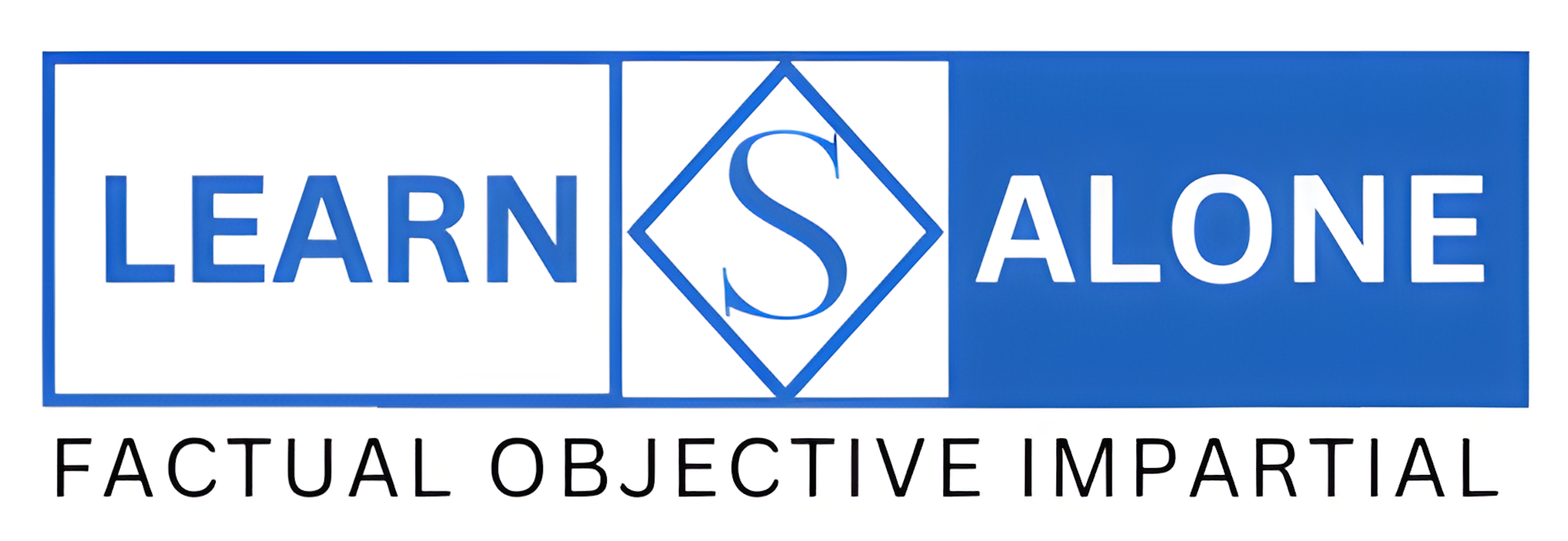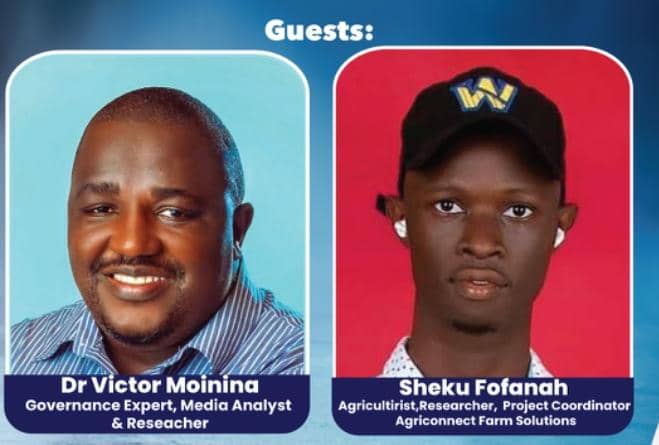By Edward Dictionary Caulker
Food security in Sierra Leone is no stranger to political speeches, ribbon-cutting ceremonies, and televised farm visits by leaders. It is also no stranger to empty promises. For decades, governments regardless of party have pledged to transform agriculture and end hunger, yet rice prices keep rising, imports keep swelling, and rural farmers keep struggling to survive. The burning question remains:
Are these agricultural programs genuine pathways to food security, or are they political campaigns in disguise?
Two flagship projects, from different political regimes, are often cited as evidence of the state’s commitment: the Youth Farm Project under the All People’s Congress (APC) government and the Feed Salone Project launched by the Sierra Leone People’s Party (SLPP). On paper, both were bold attempts to stimulate local production and reduce dependency on imported rice. In reality, they have left citizens divided some hopeful, many sceptical.
When the Rhetoric Doesn’t Match Reality
On The Brutally Frank Show, hosted by Melvin Mansaray and James Fortune, this issue was brought under a microscope. The discussion wasn’t academic it was personal, because food insecurity is felt in the kitchens, markets, and farms of everyday Sierra Leoneans.
Governance expert Dr. Victor Moinina minced no words in his assessment:
“From a realistic point of view, it will take us many more years to actualize the Feed Salone Project. From the President’s Farm, we have not even seen any proceeds from it. How much can that farm even produce to feed the entire country? We are not serious about this Feed Salone issue.”
His point cuts to the heart of the matter: even the most visible “model farms” have produced more political headlines than measurable food outputs. The symbolism of a president planting rice for the cameras is not the same as the reality of affordable rice in the markets of Bo, Makeni, and Freetown.
Agriculturalist Sheku Fofanah, speaking from the perspective of someone who has worked within such projects, added another damning observation:
“The Youth Farm Project was not awarded to the right people. Most of the district youth chairpersons are politically connected, so the contract was awarded based on political affiliation… The government and implementation partners of the Youth Farm were not intentional about getting the project right.”
This points to a systemic flaw—political patronage. Instead of empowering the most capable and experienced farmers, contracts and resources often go to politically loyal individuals who may lack the technical knowledge or dedication to deliver results.
Why the Projects Keep Falling Short
The failure of both initiatives can be traced to a familiar list of challenges:
- Politicization of agricultural funding and contracts
- Lack of transparency and accountability in project implementation
- Minimal farmer inclusion in policy design and decision-making
- Weak market linkages for farmers who manage to produce surplus
- Inadequate infrastructure for storage, irrigation, and transport
Most critically, there is little sign of long-term planning. Food security isn’t built in one political cycle it requires consistent investment over decades, with policies that survive changes in government.
The Broader Economic Reality
While the government celebrates new agricultural projects, the lived experience of Sierra Leoneans tells a harsher truth. Market prices for staple foods like rice, cassava, and palm oil remain volatile. In many rural areas, farmers struggle to access fertilizers, seeds, and credit. Those who do manage to grow food often find they cannot transport it affordably to major markets due to poor roads.
Even the ambitious goal of “feeding Sierra Leone” is undercut by structural realities over 70% of the country’s rice is still imported, leaving the nation highly vulnerable to global price shocks.
What It Would Take to Succeed
If Sierra Leone is serious about food security, the approach must shift from political grandstanding to sustained, evidence-based action:
De-politicize agricultural programs contracts and farm support should go to qualified, committed farmers and cooperatives, not political loyalists.
Invest in agricultural infrastructure irrigation systems, storage facilities, and farm-to-market roads are more transformative than ceremonial farms.
Provide genuine farmer support affordable credit, subsidies for inputs, and access to training.
Establish transparent monitoring regular public reporting on yields, distribution, and outcomes.
Build resilience encourage crop diversification to reduce over-reliance on rice imports.
Beyond the Political Season
Both the Youth Farm Project and the Feed Salone initiative have shown that without consistent, transparent, and depoliticized management, even the most promising agricultural programs will fade into the same pattern of announcement, applause, and abandonment.
Citizens are not blind to this cycle. As the voices on The Brutally Frank Show reminded us, Sierra Leoneans are watching and they are increasingly unwilling to accept press releases in place of rice in their bowls.
If politicians truly care about food security, they must prove it not in speeches, but in the fields, in the markets, and in the stomachs of the people. Until then, food security will remain less a national priority and more a political slogan.



